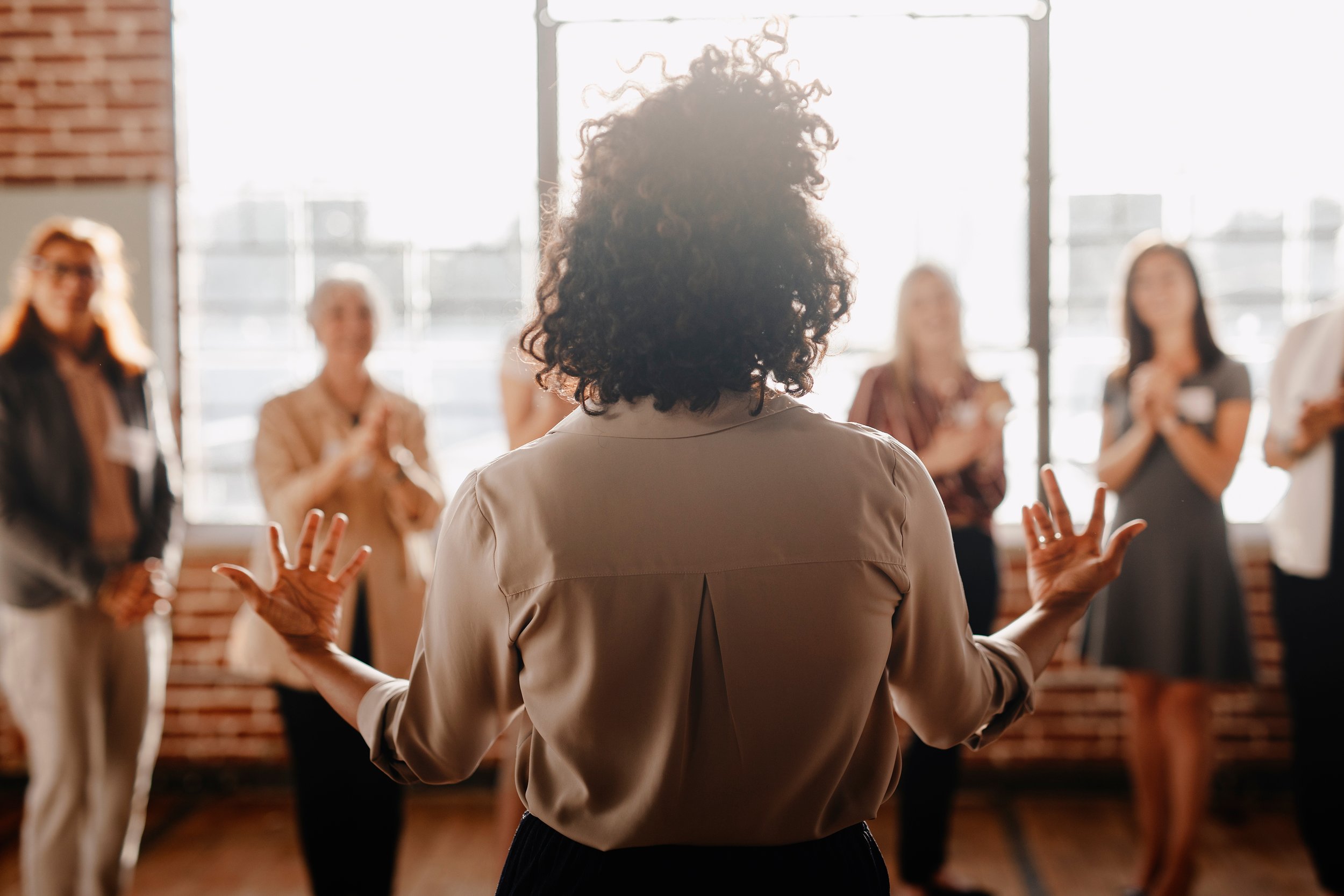How can women and girls in the UK have improved and routine access to menstrual care and education?
We are The Gynae Project - a data driven CIC designed to uncover the gynaecological concerns women and girls face in the UK, with a view to reducing the access and education gap to menstrual care and education.
“Because the first conversation about your period shouldn’t be your last” stands as our slogan, because for so many women and girls, after an initial conversation at school, periods become unspoken. We exist to change that, introducing menstrual health into wider health conversations and empowering women to understand their gynaecological health, taking it into their own hands.
We know that lifestyle affects vitality, and as such, we’re taking a wellness approach to gynaecological health. Our first survey is live and in assessing the data, we’ll be pairing our findings with the role that lifestyle (nutrition, movement and stress specifically) has on menstrual health, to identify potential root causes of gynaecological concerns and present preventative long term solutions.
Our Research
Our Research
In collecting new data on how women and girls in the UK experience their menstrual cycles, we’re committed to using our findings to design a sustainable solution for better access to gynaecological care for all.
The clinical pathway for gynaecological conditions is the only medical pathway that isn’t life threatening that includes removal of the organ altogether as final stage treatment (a hysterectomy). For all women, particularly those who want conceive, this is a petrifying proposal and should not be normal.
After all, if you had an ongoing severe earache, can you imagine your GP suggesting to remove your ear?
Solution based research to empower women to thrive in their everyday lives 365 days a year.
56.9% of women are not familiar with the UK’s gynaecological referral process.
The Gynae Project Survey, 2023
76.5% of women do not know of gynaecological practice in their local area.
Survey respondents based in the UK and outside the UK.
The Gynae Project Survey, 2023
75.5% of women would consider their period a nuisance, an inconvenience and/or a cause of anxiety.
The Gynae Project Survey, 2023
The World Bank estimates at least 500 million women and girls globally lack access to the facilities they need to manage their periods.
Menstrual Health and Hygiene, www.worldbank.org, 2022
One in seven girls have had to ask to borrow sanitary wear from a friend due to affordability issues.
Period Poverty Study, 2017, Plan International
Founder Story.
“Fuelled by personal experience, The Gynae Project is a response to a series of ongoing questions I had about my menstrual health..”
For the best part of 15 years, my periods have been pretty disruptive. I found I was constantly in pain, was sent home from work regularly, and felt super anxious on my heaviest days about the leaking through my clothes (which happened often) to name a few.
I’d come to the conclusion that everyone’s period showed up in their bodies differently and this was my cross to bear, until one day I decided to speak to my GP. After having an initial conversation, I was prescribed medication to help with the pain and flow, and baybeee - I felt like the shackles were gone and like I’d got my life back.
Unfortunately, this didn’t last long and the symptoms above returned, so the journey for answers started again. After 6 years of countless appointments and scans, I eventually got a diagnosis. I had fibroids, cysts and polyps and after deeper analysis, my consultant confirmed that I’d have a polypectomy procedure to remove the cysts and polyps, as they were aggravating my cycle most. There’s a wider story to this procedure (which I’ll be sharing on our podcast) but after having the procedure, my cycle actually got worse.
Having gone through all of the above, not to mention the mental strain as well, naturally I felt super disappointed. However, after the disappointment, the curiousity kicked in, how many other women have been through this process, or don’t know how to get help, and why isn’t there a system in place to provide women and girls with routine access to gynaecological care and education? The Gynae Project was born out of me wanting to answer those questions, “because the first conversation about your period shouldn’t be your last”.
That said, I’m Candace, the Founder of The Gynae Project, welcome to the Menstrual Health Revolution.










